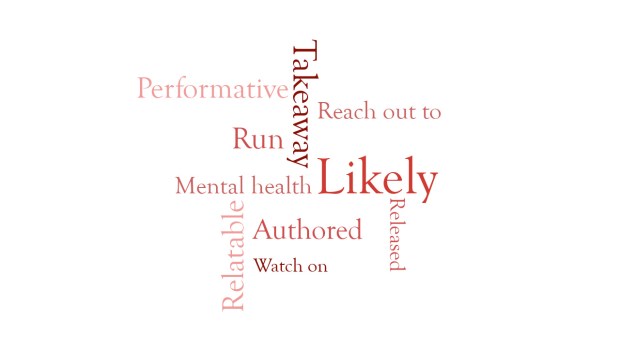‘Not still War and Peace!’ exclaimed my husband on 1 January during the all-day Tolstoy splurge on Radio 4. In reality he was glad to complain, as if it made him superior to the broadcasters. I quietly tuned the radio in the kitchen to long-wave and was able, while peeling the potatoes, to listen, through the atmospherics, to Home Front, the drama serial on Radio 4, set in Folkestone during the first world war.
Already a subscriber? Log in
Subscribe for just $2 a week
Try a month of The Spectator Australia absolutely free and without commitment. Not only that but – if you choose to continue – you’ll pay just $2 a week for your first year.
- Unlimited access to spectator.com.au and app
- The weekly edition on the Spectator Australia app
- Spectator podcasts and newsletters
- Full access to spectator.co.uk
Or
Unlock this article
You might disagree with half of it, but you’ll enjoy reading all of it. Try your first month for free, then just $2 a week for the remainder of your first year.














Comments
Don't miss out
Join the conversation with other Spectator Australia readers. Subscribe to leave a comment.
SUBSCRIBEAlready a subscriber? Log in